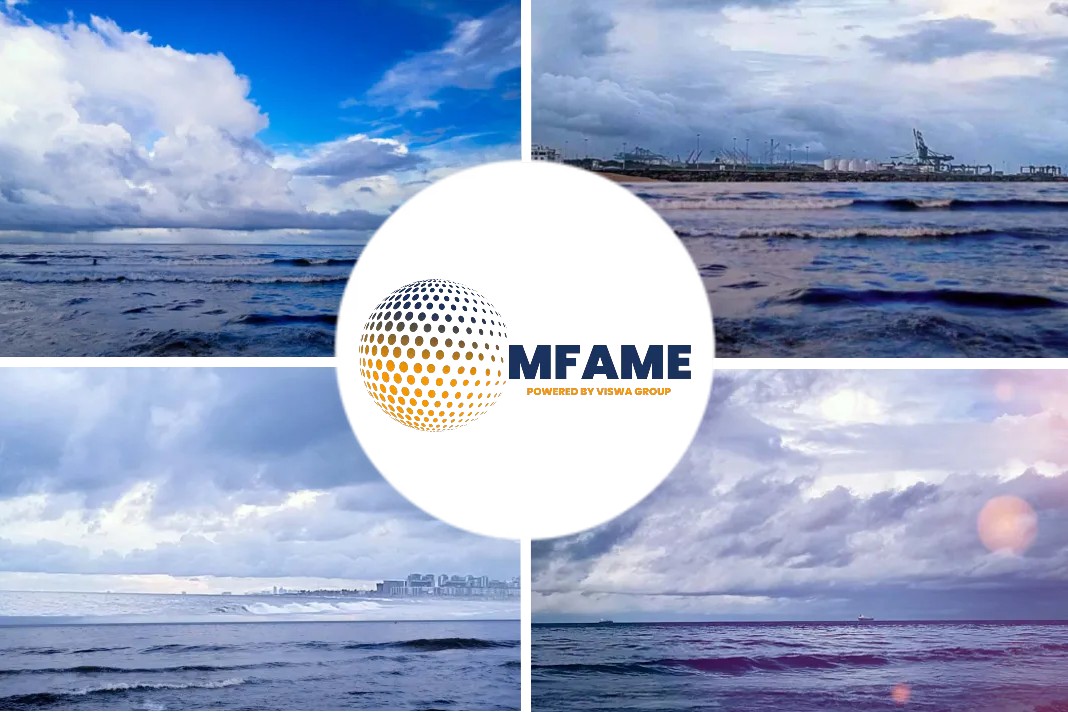- IMO progresses GHG life cycle guidelines
- ISWG-GHG 9, discussed a number of submissions by the Member States and international organizations, including proposed lifecycle guidelines
- low and zero-carbon fuels will be needed to decarbonize shipping
- candidate future low- and zero-carbon fuels for shipping have diverse production pathways entailing significant differences in their overall environmental footprint
- priority areas for further work to advance the development of the guidelines include identification of sustainability criteria
IMO’s Intersessional Working Group on Reduction of GHG Emissions from Ships (ISWG-GHG 9), has made concrete progress in developing lifecycle GHG/carbon intensity guidelines (LCA guidelines), to be utilized when assessing the overall climate impact of new fuels says an article on Ship Insight.
LCA guidelines
IMO’s Intersessional Working Group on Reduction of GHG Emissions from Ships (ISWG-GHG 9), has made concrete progress in developing lifecycle GHG/carbon intensity guidelines (LCA guidelines), to be utilized when assessing the overall climate impact of new fuels.
Assessment of GHG emissions
ISWG-GHG 9, discussed a number of submissions by the Member States and international organizations, including proposed lifecycle guidelines. The lifecycle refers to the assessment of GHG emissions from the fuel production to the final use onboard a ship; including from primary production to carriage of the fuel in a ship’s tank and from it to the exhaust.
Decarbonize shipping
Low and zero-carbon fuels will be needed to decarbonize shipping. For different fuel options, there is a need to consider issues such as safety, regulation, pricing, infrastructural availability, lifecycle GHG emissions, supply chain constraints, barriers to adoption, and more.
Diverse production pathways
Candidate future low- and zero-carbon fuels for shipping have diverse production pathways entailing significant differences in their overall environmental footprint. The IMO LCA guidelines will set a common framework for the lifecycle assessment of the GHG intensity of marine fuels, covering both the upstream and the downstream parts.
To advance the development
The Group identified priority areas for further work to advance the development of the guidelines, including identification of sustainability criteria, appropriate fuel certification schemes, and approaches for regular review by IMO of both upstream and downstream (default) emission values.
Did you subscribe to our daily newsletter?
It’s Free! Click here to Subscribe!
Source: Ship Insight
















